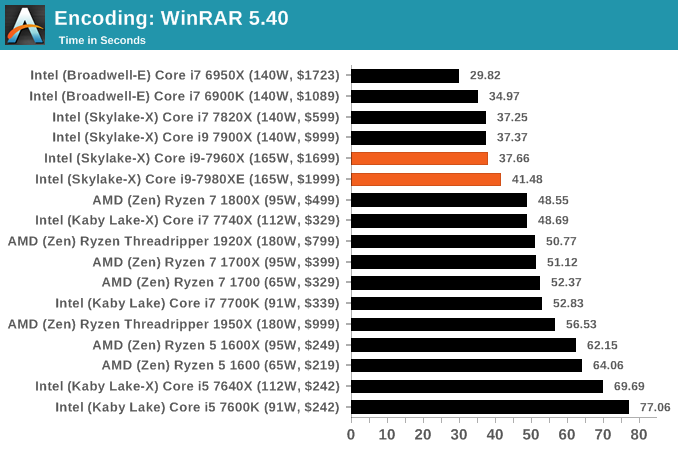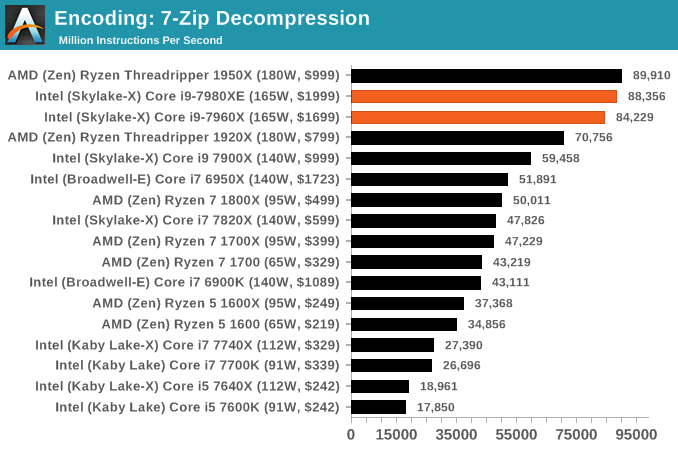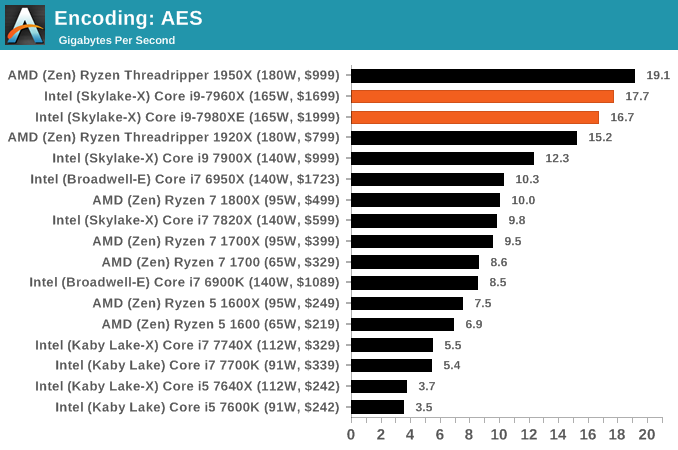-Fran- :
juanrga :
A ~10% performance improvement means very little when your competitor is already 30--40% ahead in performance...
Pulling numbers from a dark place again, I see.
For all that I'd love for you to go hunt for a bazillion graphs that prove your point, I don't want to go look for the graphs that contradict it. It's just tiring to do.
Now, whatever you say, if they do indeed get a ~10% increase in brute performance due to (base) clock and other improvements that don't really alter Zen's inner shenanigans, it's a great gain given effort put. I'm pretty sure we'll see a decent bump for Zen v2 when it lands, so this refresh will be good to have until then. Like I already said, Intel is already filling up the line up in anticipation, so they're wary.
A 10% update was claimed by AMD. The 30--40% gap is from mainstream reviews.







